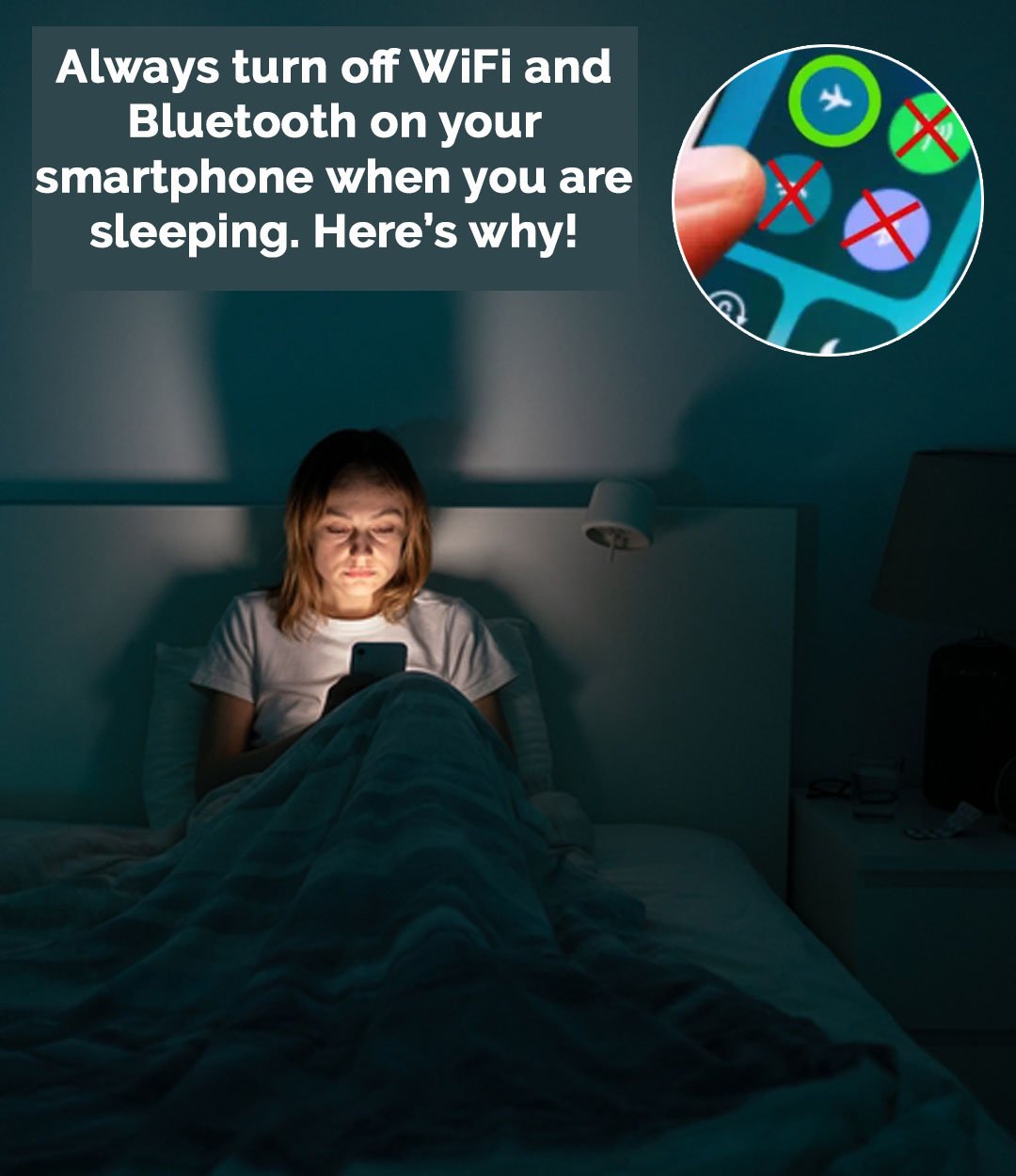In today’s digital age, smartphones have become an inseparable part of our daily lives. They act as our alarm clocks, our connection to the world, and even our bedtime storybooks. However, when it’s time to wind down and drift off to sleep, experts recommend turning off WiFi and Bluetooth on your device. While this might seem like a minor action, it carries significant benefits for your health, sleep quality, device security, and overall well-being. Let’s dive into the reasons why this small nightly habit is worth adopting.

One of the most immediate benefits of disabling WiFi and Bluetooth at night is saving battery life. Smartphones are notorious for draining power, even when they appear idle. Both WiFi and Bluetooth continuously scan for connections in the background, whether it’s searching for networks, speakers, or smartwatches. This constant activity quietly saps your phone’s battery overnight. By simply turning these features off, your phone conserves energy and reduces unnecessary background processes. As a result, you’ll wake up with more battery life to start your day without scrambling for a morning recharge. In the long run, this habit can also help extend your phone’s overall battery health and lifespan.
Beyond preserving battery power, switching off WiFi and Bluetooth contributes to better sleep quality. Notifications, background updates, and connection prompts can create tiny disruptions while you sleep. Even if you don’t consciously wake up, your brain might still register these signals, preventing you from reaching deep, restorative sleep stages. By disabling these wireless features, you minimize late-night interruptions from notifications or devices attempting to sync in the background. Fewer digital distractions mean a more peaceful sleep cycle, allowing you to wake up refreshed and energized.
Another important factor to consider is electromagnetic field (EMF) exposure. Although scientific research remains inconclusive, some studies suggest that prolonged exposure to EMFs could potentially impact sleep patterns and overall health. According to Tech Wellness, EMFs may interfere with electrical communication in the body, affecting brainwaves and neural activity. While regulatory bodies such as the FDA state that there’s no definitive link between cell phone EMF exposure and adverse health effects, taking precautionary measures is a sensible choice. Turning off WiFi and Bluetooth at night reduces your proximity to these signals, creating a calmer and potentially healthier sleeping environment. It’s a simple step that prioritizes your well-being without requiring much effort.
Cybersecurity is another compelling reason to disable these features while you sleep. With WiFi and Bluetooth turned on, your phone remains in a state of constant connectivity, leaving it vulnerable to external threats. Hackers and malicious software often exploit open networks or devices searching for connections. Even while you’re asleep, your phone could unknowingly become an entry point for a cybersecurity breach. By turning off these features, you effectively close those digital doors, adding an extra layer of protection to your personal data. In a time when digital privacy is more important than ever, this small act offers valuable peace of mind.
Aside from technical and health-related reasons, there’s also a psychological benefit to disconnecting at night. We’ve all become a little too dependent on our devices, and this attachment often spills into our nighttime routines. The simple act of turning off WiFi and Bluetooth serves as a mental cue to disconnect from the online world. It’s a subtle reminder that it’s time to put your phone aside and focus on resting. This habit can encourage better boundaries with technology, reducing mindless scrolling and fostering a more mindful bedtime routine. Pairing this with your phone’s “Do Not Disturb” mode can enhance the experience, ensuring you’re free from unnecessary alerts or calls during the night.
What might seem like a small habit—turning off WiFi and Bluetooth—actually delivers a wide range of benefits. It conserves battery life, improves sleep quality, reduces potential EMF exposure, enhances cybersecurity, and promotes healthier digital habits. It’s a no-cost, low-effort change that can yield noticeable results in both your physical and digital health.
If you haven’t already made this a part of your nightly routine, give it a try tonight. Before you set your alarm and place your phone on the nightstand, take an extra moment to switch off WiFi and Bluetooth. It’s a tiny task that takes only seconds but offers long-term advantages for your sleep, security, and overall well-being. Sometimes, the smallest habits are the ones that make the biggest difference. So, go ahead—turn off those wireless connections and let your body, your mind, and your phone rest peacefully through the night.

